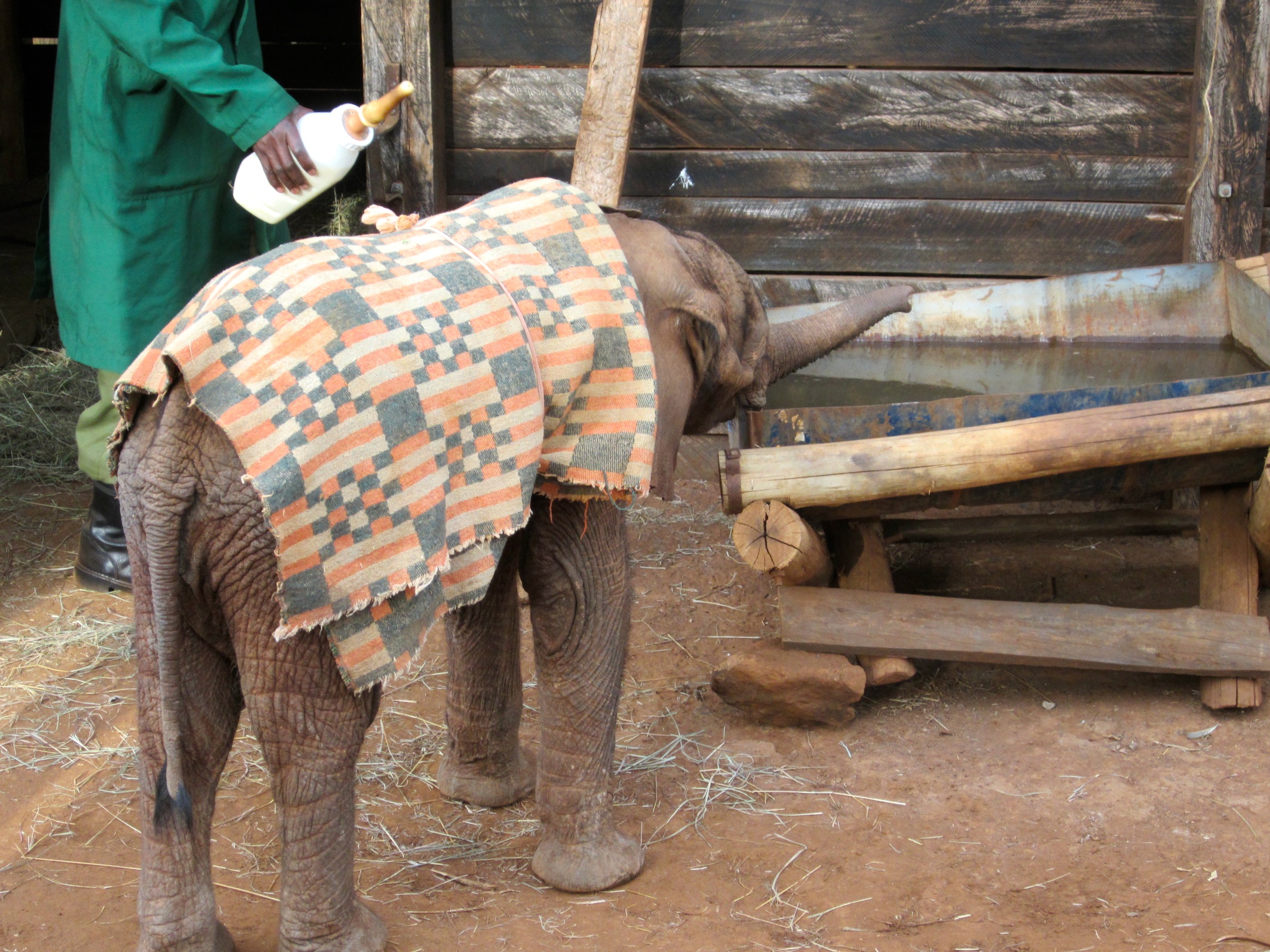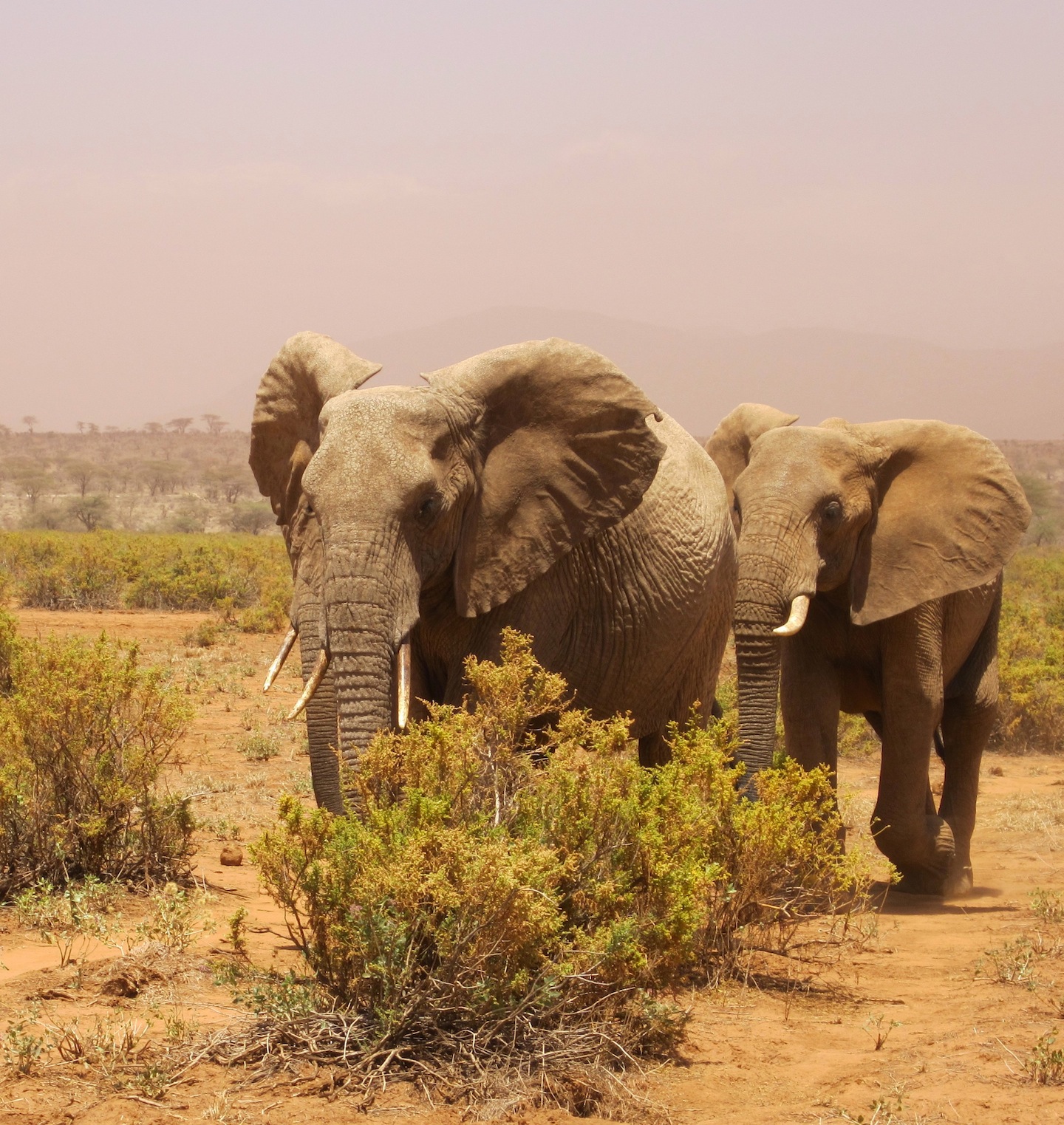Saving Endangered Species, One Documentary at a Time
Published by the Huffington Post on September 25, 2011. To read the original article, click here. Travel and nature programs transport us to the places we long to visit. The best capture sights and sounds that elude even the best traveled: a young leopard exiting its den for the first time; hunts that fatigue the cheetah's lanky limbs; and lion roars sounding at dusk, sending terror across the savannah.
Besides zoos, these cinematic programs are often our only conduits to endangered species. The lucky few live in their midst; the wise put aside funds for excursions while nurturing longings with literature, television and film.
From The Jungle Book to A Story Like the Wind, Bambi to Big Cat Diaries, I became acquainted with the wild from afar, using Anna Quindlen's philosophy from Imagined London. She came to know London "well, but only at a distance, and only through words."
As a child, I liked to sneak into my Dad's office, where I ran my fingers along the iconic yellow borders of National Geographic magazines. Sitting Indian-style on the floor, I pulled several editions into my lap and began scrolling through their thick pages. Having filled my mind with stills of Africa, I learned to summon them on restless nights.
These days, exotic species come alive on my television, where I increasingly record Discovery, Animal Planet and Nat Geo Wild programs. One of this year's best, The Secret Life of Elephants, stands to earn an Emmy for Outstanding Nature Programming (winners are announced Monday, September 26th at the 32nd Annual Emmy Awards for News and Documentary).
Secret Life, which follows the work of Dr. Iain Douglas-Hamilton and his colleagues at the Save the Elephants Foundation, widely disseminates information about elephants' complex emotional capabilities. Footage captures a herd of elephants encountering a dead, unfamiliar carcass. They encircle it; inhale its putrid scent, before kicking up heaps of dirt in a makeshift burial. More powerful than its prehistoric frame and regal trumpeted call is the elephant's propensity for emotion, accompanied by long-lasting memories.
These traits make elephants uniquely vulnerable to suffering trauma. The offspring of poached elephants often require special attention, which is precisely what Nairobi's David Sheldrick Wildlife Trust provides. Orphaned baby elephants are not merely given shelter and food: human guardians also provide comfort to motherless elephants around the clock. Caretakers sleep on raised cots above slumbering orphans, periodically waking throughout the night to bottle-feed.

Elephants' advanced emotional capabilities also make them more dangerous. Neglected orphans -- if they manage to survive in the wild -- sometimes exhibit aggressive behavior. In one wildlife preserve, elephants began killing rhinos without explanation. After a thorough investigation, the preserve staff discovered that the violent elephants were orphans who had witnessed the death of a parent. Daphne Sheldrick, of the eponymous orphanage and trust, explains that revenge can target humans: "You must never, ever be cruel to an elephant because they have an amazing memory. They will remember that for life. And they bear grudges."
African elephant numbers have plummeted over the course of the last one hundred years (from the millions to somewhere in the half a million range). Numbers dramatically decreased from 1.3 million to 750,000 between 1979 and 1989 alone, primarily due to demand for ivory. Although bans on ivory trade and devoted conservation efforts have led to improvements in some parts of the continent, demand from China's growing upper class has created a second, modern-day crisis.
According to Agony and Ivory (Vanity Fair, August 2011), China's nouveaux riches display ivory to demonstrate elevated status and wealth. Purchases are often made guilt-free: many Chinese consumers believe that: a) tusks are in fact teeth that can grow back and b) elephants don't have to be killed for their tusks to be cultivated.
Save the Elephants knows that conservation does more than guarantee the continuation of elephant species. African elephants, the largest land mammal, are considered keystone species: they play an integral role in maintaining savannah and forest ecosystems. To ensure the elephant's future, Douglas-Hamilton and his colleagues utilize a four-pillar approach to conservation. Research. Protection. Grassroots. Education.

Delighted by the Emmy nomination, Douglas-Hamilton's wife, Oria, reflects on the film before looking forward, "Life has moved on since the film was made [3 years ago], and the elephants are faced with increasingly life-threatening ordeals as the demand for ivory keeps rising. There must be a complete ban on all ivory worldwide."
Though it's not raging on our home turf, we must all join in this fight to save our planet's endangered species. With programs like Planet Earth, Life, and The Secret Life of Elephants gracing our laptop and television screens, physical distance no longer excuses apathy.
*Visitors to Kenya may witness Douglas-Hamilton's conservation efforts firsthand by staying at the lodge run by his wife, Oria. Information about the Elephant Watch Camp may be found here.